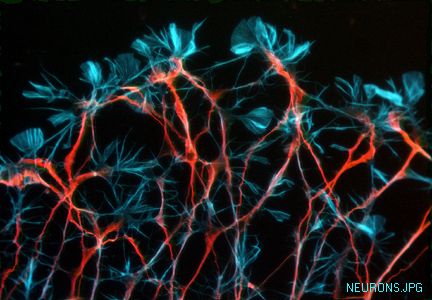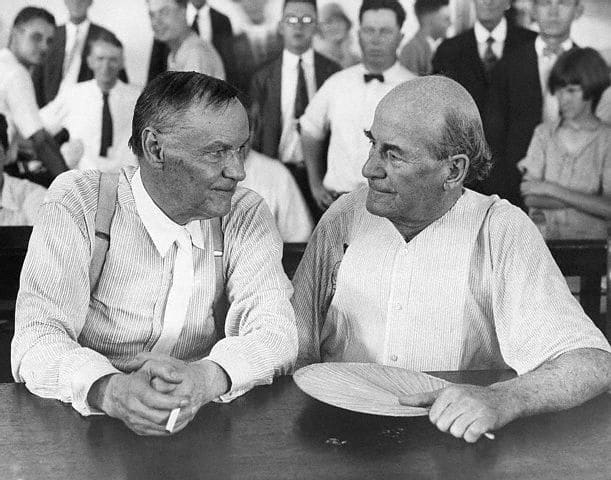Mathematician Makes Hopeful Predictions about the Future of Evolution Education
Mathematician and intelligent design supporter Granville Sewell has posted an article, entitled “How Evolution Will Be Taught Someday,” where he makes some interesting predictions about the future state of teaching science. He asks whether intelligent design will be taught and says, “probably not in my lifetime.” In Sewell’s view, “in the not-too-distant future, biology texts will refer to evolution as an amazing, mysterious ‘natural’ process, which scientists do not now understand, but hope to understand some day.” Sewell continues to explain that this result would not be opposed by the Discovery Institute, which is not trying to push ID into schools: But for most ID proponents, this will be a quite satisfactory outcome, certainly a huge improvement over the current Read More ›







































